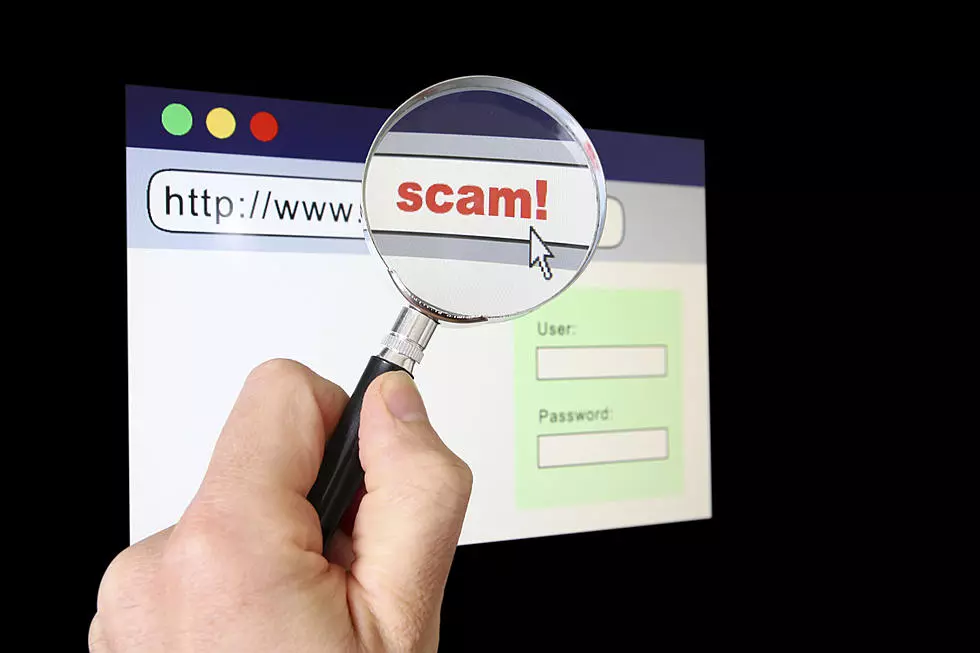
Acadiana, Watch Out for Threats by People Impersonating Law Enforcement
Officials with the Better Business Bureau of Acadiana are working to warn people in Acadiana about a scam that is circulating once again.
Often over the past several years, we have informed you about scams involving fake police officers and/or people pretending to have a "warrant out for your arrest". The latest version of this scam is similar, but now the crooks are using credentials and paperwork that look very similar to official documents.
Here are all the platforms being used by these scammers to try to get hold of you and your money. They may contact you via the following:
- Calling you
- Emailing you
- Texting you
- Sending you a message on social media
The thing that makes all of these approaches similar is that the scammer on the other end of the line is pretending to be a law enforcement person or a representative of a law enforcement agency.
These crooks may claim to be from any sort of agency including the following:
- Your local police department
- Your local sheriff's office
- State officials
- FBI
- Canada Border Services
The whole point of lying about who they are and who they work for is to scare you. They are hoping this feeling will give them the power to convince you to send them money, gift cards, and your personal information.
Better Business Bureau CEO Chris Babin says there are a variety of things you can do to help prevent yourself from being scammed. He says the first thing to do is don't give in to their pressure. These callers will try to make you think they have seized a package in your name. They will ask for a copy of your driver's license, and they want money. Just hang up the phone or ignore whatever communication they make with you.
If someone calls you saying they are from a law enforcement agency, just hang up and look up the number for your local law enforcement. Talk to the real police and ask them if they are looking for you. Some of these scammers claim there is a warrant out for your arrests.
Never give money or gift cards to someone you don't know, no matter what they try to convince you of. Scammers will try to make you believe you are in trouble in some way to get money, gift cards, and/or your personal information.
Never give out the following:
- Your address
- Your Social Security number
- Your bank account information
- Your birthday
- Any identifying information about you
Babin says another important thing you can do each day is to ignore any kind of message from someone you don't know. Whether it's a voicemail, text, email or a letter you receive in the mail, don't respond to it. Instead, call the agency that is allegedly looking for you to find if there is anything real about the communication.



